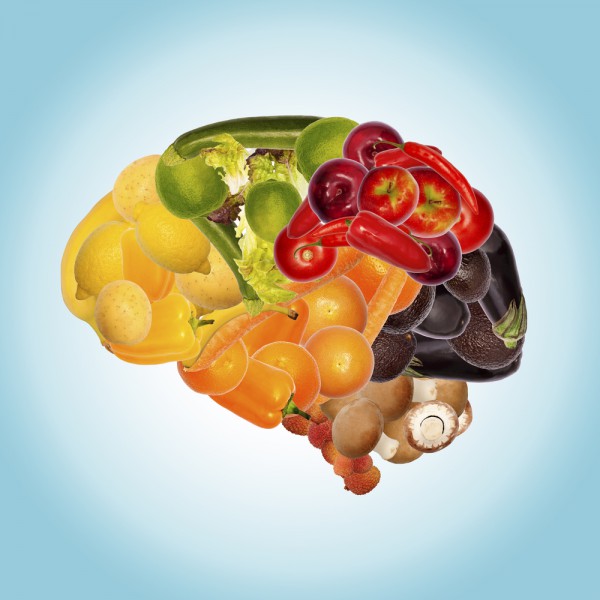Will trans fats age your memory by 20 years?
The adage, 'you are what you eat' could not ring more true about the concept of trans fat and what it could do to your health.
You are what you eat. And this is especially true when it comes to your brain. While some food has more beneficial effects, others may undermine neurons in the brain.
Junk food goes straight to the brain
Researchers tested 645 men aged 20 to 85 years old by testing their diets. Those under the age of 45 who ate trans fats had a bad memory. They retained less of the experiment - almost 0.76 less for each gram of trans fat consumed. The score was similar to the elderly who had memory decline associated with age
What is trans fat?
These compounds, produced by the partial hydrogenation of vegetable oils in industrial processes, are known to cause metabolic syndrome, heart problems, and contribute to the formation of fatty liver (steatosis). It is also known that an excess of trans fats can lead to aggressive or depressive behaviour.
How do they affect memory?
The cells of our brain consist mainly of fats. The quality of fat we eat every day directly affects the composition of neurons. The famous Omega 3 fatty acids found in fatty fish (salmon, mackerel, sardines) and in some vegetable oils (linseed, rapeseed), make the membranes more flexible and the connections between cells more fluid. It reflects more quickly and is more likely to retain information. Conversely, trans fats make the membranes more rigid and impede intercellular communication. In addition, they bite instead feeding the brain like Omega 3 with antioxidants - that protect the brain from inflammation.
What to eat for good memory?
Fatty fish and 'good' oils with Omega 3, fruits and vegetables rich in antioxidants that fight against oxidative stress and slow down the aging of the brain and also protein (meat, fish, eggs, soy). These are essential to manufacture neurotransmitters that circulate information between neurons.
Maureen Diament




